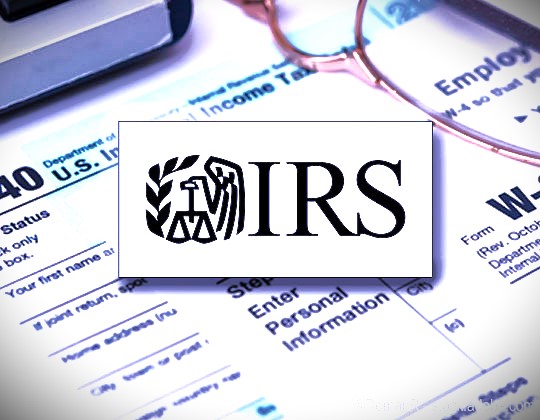With the April tax deadline looming, many Americans are looking into the IRS taxes extension as a way to buy more time to organize their finances and complete their returns. The IRS allows eligible taxpayers to file for an automatic extension, providing an additional six months to submit their tax paperwork but there are a few important details to keep in mind before making the decision.
The standard federal tax deadline for most individuals is April 15. However, by filing IRS Form 4868, taxpayers can receive an automatic extension to file until October 15. While this IRS taxes extension grants more time to file, it does not extend the time to pay any taxes owed. That means you must estimate and pay any tax liability by the original April deadline to avoid penalties and interest.
According to IRS data, millions of Americans file for an extension each year, especially those with more complex returns or self-employment income. The agency encourages those considering an extension to still file as soon as they can. “Even if you can’t pay in full, filing on time or requesting an extension will help minimize penalties,” the IRS noted in a recent advisory.
Tax professionals echo that advice. “An IRS taxes extension is a great tool for taxpayers who need extra time to gather documentation, but it doesn’t give you more time to pay,” said Angela Cruz, a certified public accountant in Chicago. “If you anticipate owing, it’s better to estimate high and settle up later than risk underpayment penalties.”
There are several ways to request an extension, including through IRS Free File, approved tax software, or by submitting a paper Form 4868. Additionally, those affected by federally declared disasters or serving in combat zones may automatically qualify for extra time beyond the standard extension. Taxpayers living abroad also have until June 17 to file, with the option to request a further extension.
As the deadline nears, the IRS is urging taxpayers not to wait until the last minute, especially if they’re unsure about their payment status. Interest on unpaid taxes begins accruing the day after the due date, even if an extension has been granted. For those who cannot pay their full tax bill, the IRS offers installment agreements and other payment options, all available through the agency’s official website.
In a tax season that continues to bring questions and complications for many, the IRS taxes extension remains a useful option but one that must be approached with careful planning. Whether you’re a freelancer sorting through 1099s or a business owner juggling deductions, using the extension wisely could make the difference between a stressful scramble and a smooth filing experience.






